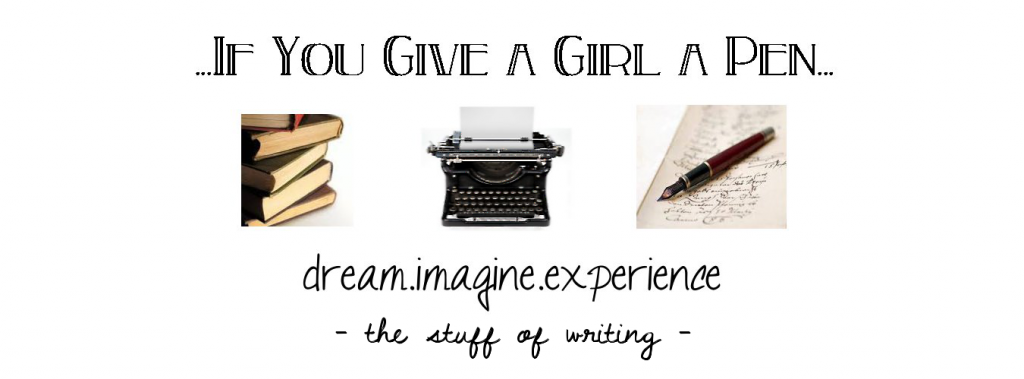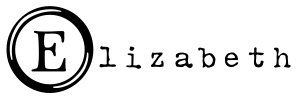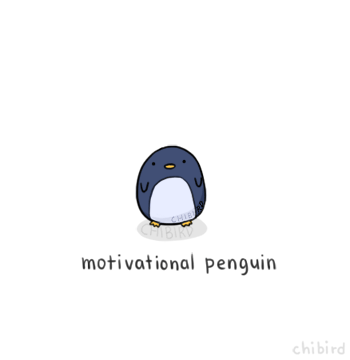It's over. Over. Was I tricked? Taken in? Is this really all there is? Were the priests right? Is this how it ends?
Lately, I've been studying the Easter story as part of my Bible reading in the mornings. Not actually because of the season {slightly ironic, I know}, but because I'm teaching it to our First Friday group next week and I want to make it real. I'm better at points-of-view than generalizations when push comes to shove, so I'm narrating it through Mary Magdalene.
A recent discovery I stumbled across is that, in understanding Bible characters and their surroundings and what God wants me to learn from their situations, it helps me to look at things from their perspective - not so much historically as emotionally. Emotions are pretty neutralized in the Bible but, as I once heard, God gave us imaginations to fill in the blanks from A to B in the Bible stories and the people between those pages aren't very different from us. The way the Bible reads, you can get into the rut of feeling that these humans were somehow special and capable of great things.
The truth is, we're all just as capable of doing the things that men and women like Joseph, David, Esther, Daniel and even the apostles were capable of doing. It wasn't them. It was the grace and power of God.
The same God who works in our lives.
They were human. They were selfish, intolerant and proud. They turned away from God and then turned back to Him. They made mistakes and didn't trust. They doubted God's promises and gave in to doubt. They didn't make the Bible because of what they did, but because of what God did through them.
Putting the emotions into the story opens up the truths. It makes legends humans and takes you from distant familiarity to empathetic understanding.
So as I study Mary Magdalene through the scope of the Scripture from Palm Sunday to Easter morning, I realize that {as is my tendency} I took the story as it was given and didn't insert anything personal - any emotion - into it.
Here's what struck me in the context of Good Friday:
I've heard the story since babyhood, and never once have I put myself completely into the shoes of a person who lived in the present of the past. I've always put Mary Magdalene in my shoes and somehow assumed that she would have known what was going to happen next. The truth is, Mary had no idea. When she saw Jesus on that cross, she didn't know He was going to come back to life. I mean, she had heard Jesus speak of it, but quite obviously {gathering this from her questions at the tomb and the shock which accompanied them} she did not understand at all what Jesus was saying when He spoke of His resurrection.
When she left Golgotha, probably with Mary, John and the others, her heart was pretty heavy and her hope gone. I'm guessing that she assumed this was the end. Her teacher was dead. All the excitement, all the hype, all the hope for deliverance ended at the cross on the hill behind her. She didn't anticipate anything miraculous. After all, she was Jewish. She'd seen it before. Jesus had seemed different, seemed genuine, seemed true, but He died, just like the other insurrectionists and would-be deliverers that had come and gone over the years. The priests, mocking her messiah at the foot of the cross, had won. They had been right about Jesus and she had been a blind fool, grasping at a hope that didn't exist.
For us, Good Friday is the beginning of the story. For Mary Magdalene and her companions, it was the end.
We know that in a day the black draping in the church will disappear and the somber music will be put away. We know that on Sunday the hymnals will be turned to pages festooned with hallelujahs and the sanctuary full of springtime's yellows, whites, pinks and purples. The joy of Easter is unmatched. It's special. We know what happened. Satan was defeated. Jesus is stronger. Death is crushed and we are are victors in Christ.
It's an amazing, powerful joy.
And I thought Mary and the others would have gone home filled with the same excitement, expectant of the day their Messiah would return and ready to rejoice in the defeat of the enemy greater than all others.
But they weren't.
Their hope was hanging dead on a cross at Golgotha. They were at the end - and anticipating, expecting, nothing else. Good Friday, in their shoes, was not so good. In the darkness of their grief, they had no idea what they were in for.They were not expecting a resurrection.
Lately, I've been studying the Easter story as part of my Bible reading in the mornings. Not actually because of the season {slightly ironic, I know}, but because I'm teaching it to our First Friday group next week and I want to make it real. I'm better at points-of-view than generalizations when push comes to shove, so I'm narrating it through Mary Magdalene.
A recent discovery I stumbled across is that, in understanding Bible characters and their surroundings and what God wants me to learn from their situations, it helps me to look at things from their perspective - not so much historically as emotionally. Emotions are pretty neutralized in the Bible but, as I once heard, God gave us imaginations to fill in the blanks from A to B in the Bible stories and the people between those pages aren't very different from us. The way the Bible reads, you can get into the rut of feeling that these humans were somehow special and capable of great things.
The truth is, we're all just as capable of doing the things that men and women like Joseph, David, Esther, Daniel and even the apostles were capable of doing. It wasn't them. It was the grace and power of God.
The same God who works in our lives.
They were human. They were selfish, intolerant and proud. They turned away from God and then turned back to Him. They made mistakes and didn't trust. They doubted God's promises and gave in to doubt. They didn't make the Bible because of what they did, but because of what God did through them.
Putting the emotions into the story opens up the truths. It makes legends humans and takes you from distant familiarity to empathetic understanding.
So as I study Mary Magdalene through the scope of the Scripture from Palm Sunday to Easter morning, I realize that {as is my tendency} I took the story as it was given and didn't insert anything personal - any emotion - into it.
Here's what struck me in the context of Good Friday:
I've heard the story since babyhood, and never once have I put myself completely into the shoes of a person who lived in the present of the past. I've always put Mary Magdalene in my shoes and somehow assumed that she would have known what was going to happen next. The truth is, Mary had no idea. When she saw Jesus on that cross, she didn't know He was going to come back to life. I mean, she had heard Jesus speak of it, but quite obviously {gathering this from her questions at the tomb and the shock which accompanied them} she did not understand at all what Jesus was saying when He spoke of His resurrection.
When she left Golgotha, probably with Mary, John and the others, her heart was pretty heavy and her hope gone. I'm guessing that she assumed this was the end. Her teacher was dead. All the excitement, all the hype, all the hope for deliverance ended at the cross on the hill behind her. She didn't anticipate anything miraculous. After all, she was Jewish. She'd seen it before. Jesus had seemed different, seemed genuine, seemed true, but He died, just like the other insurrectionists and would-be deliverers that had come and gone over the years. The priests, mocking her messiah at the foot of the cross, had won. They had been right about Jesus and she had been a blind fool, grasping at a hope that didn't exist.
For us, Good Friday is the beginning of the story. For Mary Magdalene and her companions, it was the end.
We know that in a day the black draping in the church will disappear and the somber music will be put away. We know that on Sunday the hymnals will be turned to pages festooned with hallelujahs and the sanctuary full of springtime's yellows, whites, pinks and purples. The joy of Easter is unmatched. It's special. We know what happened. Satan was defeated. Jesus is stronger. Death is crushed and we are are victors in Christ.
It's an amazing, powerful joy.
And I thought Mary and the others would have gone home filled with the same excitement, expectant of the day their Messiah would return and ready to rejoice in the defeat of the enemy greater than all others.
But they weren't.
Their hope was hanging dead on a cross at Golgotha. They were at the end - and anticipating, expecting, nothing else. Good Friday, in their shoes, was not so good. In the darkness of their grief, they had no idea what they were in for.They were not expecting a resurrection.











